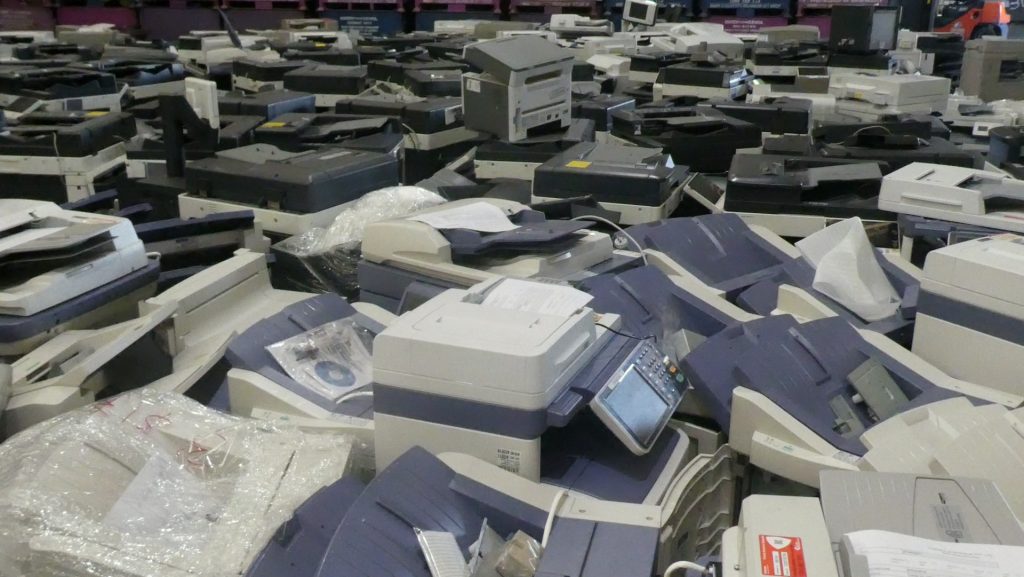
The Australian Business Growth Fund (ABGF) and the Clean Energy Finance Corporation have invested $15 million in e-waste re-cycling business Scipher.
The federal government-back bodies have each provided $7.5 million with the CEFC’s commitment coming from its Australian Recycling Investment Fund.
Moorabin, Victoria, based Scipher operates one of the largest e-waste re-cycling networks in Australia and is pioneering e-waste processing solutions.
Scipher currently operates in Victoria, NSW and Tasmania and will use the new investment to acquire Western Australia-based Total Green Recycling and to develop new recycling plants in Sydney and across regional locations.
Scipher was set up in 2019 by Chris Sayers who has a corporate finance background and had previously worked on a major e-recycling and compliance scheme in Europe.
ABGF co-head of investments, Patrick Verlaine, said e-waste re-cycling was currently a fragmented industry but it will benefit from strong environmental and regulatory tailwinds.
“Regulators, businesses and consumers are increasingly focused on the treatment of e-waste. Through this investment we are supporting a growing business that’s investing in leading technology to maximise recovery rates of valuable, and what would otherwise be environmentally harmful, waste, diverted to landfill.”
The value of the global e-waste market is expected to exceed $112 billion by 2030 creating an enormous potential for urban mining. According to the Australia and New Zealand Recycling Program, one tonne of mobile phones contains roughly 100 times the gold in a tonne of primary extracted gold ore. Australians are also among the major contributors to the global e-waste problem producing more than 23kg per person, per year.
In addition to retrieving valuable raw materials from e-waste, Scipher also contributes to the circular economy by refurbishing discarded computers and mobile phones.
CEFC’s investment in Scipher is its first in e-waste recycling. Chief executive Ian Learmonth said: “Making more efficient use of finite resources is an important part of the transition to net zero by 2050, with the added benefit of backing the growth of new industries and jobs.”
ABGF, which was founded with initial capital of $540 million, is a public-private partnership set up by the federal government and six leading banks. The fund was established to bridge the gap between late-stage venture capital and private equity investment particularly for businesses that require patient capital. The fund only makes minority investments and typically enables founders to retain control while accessing growth funding.

